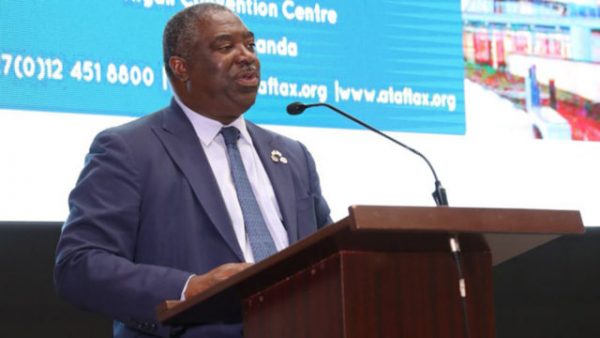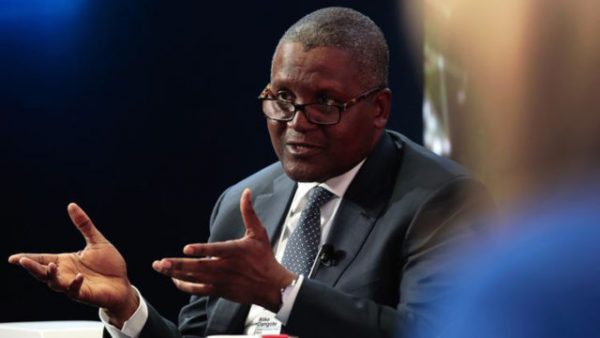Grow VAT, digital economy revenue, Fowler urges developing countries

Chairman of the Federal Inland Revenue Service, Babatunde Fowler, has advised developing countries to grow Value Added Tax and tax revenue from the digital economy to lessen dependence on revenue from natural resources. Fowler, who is also the First Vice Chairman of the United Nations International Committee of Tax Experts and Chairman, African Tax Administration Forum (ATAF), recently gave the advice in New York in an address delivered at the opening of the Meeting of the United Nations’ Economic Council (ECOSOC) on Taxation on and Digitalisation of the Economy and Taxation of ODA-Funded Projects.
He reasoned that developing nations should focus on taxation, as they have no control over prices of goods produced by developed economies from the natural resources they export. Using technology to capture all the VAT available, Fowler said Nigeria, in the last one year, has increased its tax revenue base by 800,000 corporate accounts and grown non-oil tax revenue to a stage that it accounts for 64.3% of total revenue from 42.8 per cent between 2012 and 2014.
“We have moved away from an oil-dependent revenue source to a non-oil revenue source. At the same time we have focused on VAT. VAT continues to be the fastest growing tax type in the world and I was quite amazed when the UAE spoke about introducing VAT,” he said.
Fowler disclosed that Nigeria realised N767 billion from VAT in 2015, N828 billion in 2016 and N972 billion in 2017, a growth of about 25 per cent, a development he ascribed to political will, international collaboration and cooperation of the judiciary, which recently yielded a favourable judgment over Vodacom in the case of VAT liability for a non-resident company. He urged other developing countries to follow the Nigerian example, which includes tax treaties that assist collection and remittance.
He maintained that the only way to ensure sustainable socio-economic development is through taxation and called on developing countries to reform their tax processes, adding that 90 per cent of items produced in developed economies is sold in developing economies, depriving that latter of profits and taxes.
On tax revenue from the digital economy, Fowler counseled developing countries to take a leaf out of the book of their developed counterparts so as not to be left behind and urged the UN to show greater interest in the tax affairs of the developing countries.
“If we look at the issue of Apple and Ireland, the other members of the European Union (EU) found out that Ireland, in giving certain tax benefits, had an undue advantage for business and the EU insisted that Apple should pay EUR13 billion as tax,” he explained.
He equally noted that many countries have come up with individual strategies to ensure that they get some tax revenue from the digital economy. India, he said, applies a six per cent equalization levy for specified services provided by non-residents. The Argentine government, he added, requires a foreign supplier to register for VAT in Argentina while the city of Buenos Aires applies a levy via Withholding Tax mechanism that requires debit and credit card firms to withhold three per cent of the net amount of any payment remitted to them.







